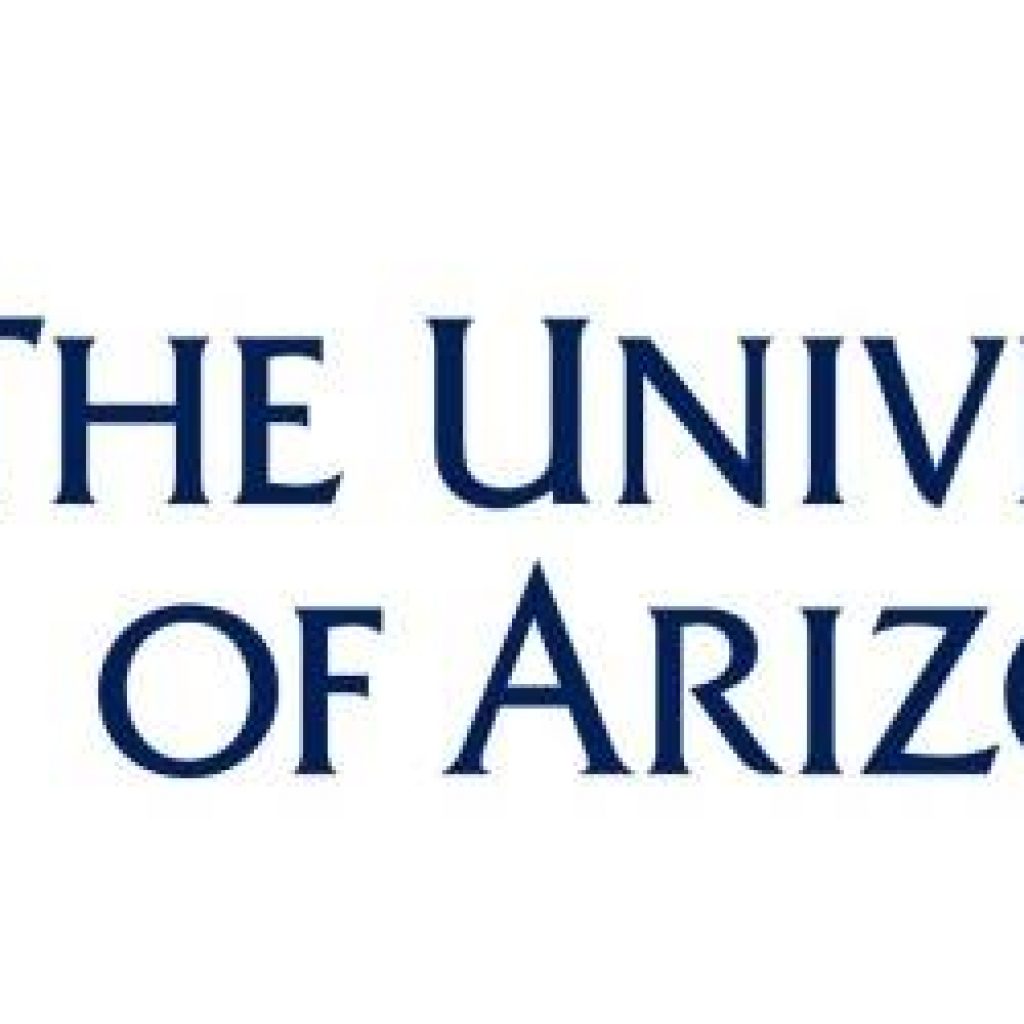(UAZ.News) Quantum environments are difficult to create and maintain. Entangled quantum bit states, or qubits, usually last less than a second before collapsing. Qubits are also highly sensitive to their surrounding environments and must be stored at cryogenic temperatures.
Researchers in the University of Arizona Department of Materials Science and Engineering have demonstrated the possibility for acoustic waves in a classical environment to do the work of quantum information processing without the time limitations and fragility. “We could run our system for years,” said Keith Runge, director of research in the Department of Materials Science and Engineering and one of the paper’s authors. “It’s so robust that we could take it outside to a tradeshow without it being perturbed at all – earlier this year, we did.”
There’s a way around the use of quantum mechanics for data processing: Optical scientists and electrical and computer engineering researchers have demonstrated the ability to create systems of photons, or units of light, that exhibit nonseparability without nonlocality. Though nonlocality is important for specific applications like cryptography, it’s the nonseparability that matters for applications like quantum computing. And particles that are nonseparable in classical Bell states, rather than entangled in a quantum Bell state, are much more stable.
The materials science and engineering team has taken this a step further by demonstrating for the first time that that classical nonseparability can be applied to acoustic waves, not just light waves. They use phi-bits, units made up of quasi-particles called phonons that transmit sound and heat waves.
UofAZ Demos Possibility for Acoustic Waves for Quantum Info Processing
